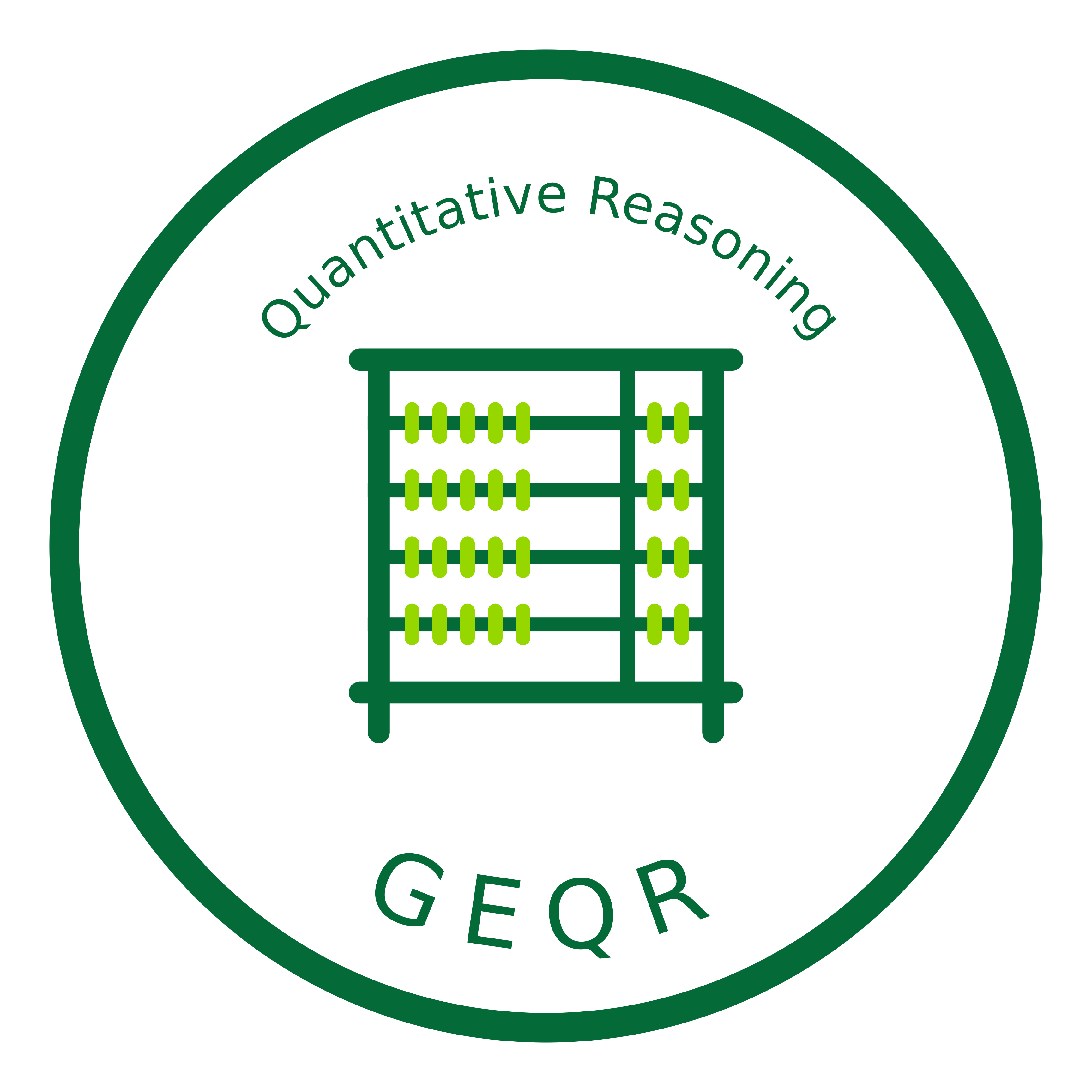2021-2022 Undergraduate Catalog This is not the most recent catalog version; be sure you are viewing the appropriate catalog year.
|
BMMT 250 - Personal Finance [GEQR]
The management of financial resources to satisfy personal or family goals. Budgeting, consumer credit, investments, insurance, real estate, wills and trusts, and income taxes. Students learn to make decisions within the context of a realistic consumer-oriented environment.
Credit 3 hrs May not be repeated for additional credit
Grade Mode Normal (A-F) Course Rotation Fall, Winter, and Summer II
Prerequisites - MATH 104 with a “C” or higher , MATH 110 , or Level 4 Math Placement
Other Restrictions -
Restriction by Major -
Restriction by Class - Undergraduate standing

Rationale for Quantitative Reasoning - This course uses mathematical principles to solve real-life personal financial problems and teaches students to be smart consumers and prudent investors by using arithmetic, geometric, algebraic, probabilistic and statistical methods using the Microsoft Office application, Excel.
Personal money management is not a skill that many students possess entering college. It is a learned skill, and this course uses math basics and advanced applications to teach students how to make smart money decisions. Students will, for example, learn how to get the best value for their money when purchasing a car with an automobile loan. This is done using standard math formulas. Students will use different models to determine what type of investment strategy to follow, how to estimate and earn the best return on investments, and how portfolio changes or the federal funds interest rate can affect growth.
This course also teaches students how to read personal financial planning cases, identify the important components, analyze the situation on what mathematical model to apply, apply mathematical principles to the financial problem, and make recommendations on financial strategies.
At the end of the course, students will create a personal financial plan evaluating the three stages in their working life: early career, mid-career, end-career. They will incorporate course topics and make calculations, predictions and quantitative analyses on such areas as financial planning, money management, income and asset protection, and investments. The plan must include a discussion of the three statement model; the creation and inclusion of financial data for each life stage; a summary of the financial assumptions used to create the financial data; a demonstration of arithmetic, geometric, algebraic, and probabilistic methods used in the plan; alternative financial analyzes for each stage (for example, if a person is not working due to securing an advanced degree); the use of quantitative relationships using symbols, equations, graphs, and tables to present and summarize data; and a summary of the predicted outcomes what you have learned from your analysis.
As such, this course meets the outcomes for a course in the Quantitative Reasoning [GEQR] category of the General Education Program.
Keywords: business , management , marketing , technology , Quantitative Reasoning (GEQR)
Equivalent Courses: BEDU 250
Updates: Change to prerequisites 11/2018, effective Fall 2019; Course Rotation updated 11/2018; Approved for GEQR 4/2018, effective Fall 2018; Change to dept. 6/2014
Class listings and details page
|